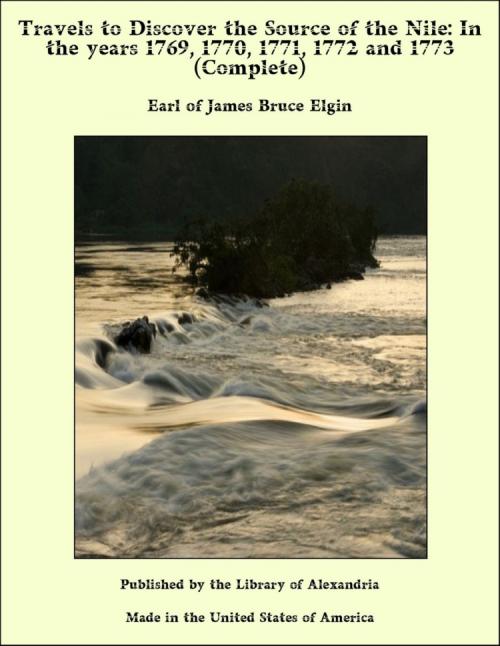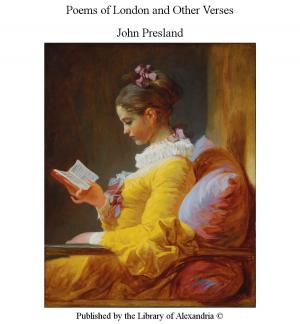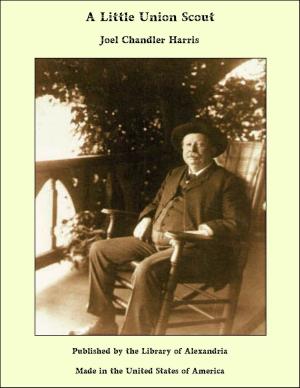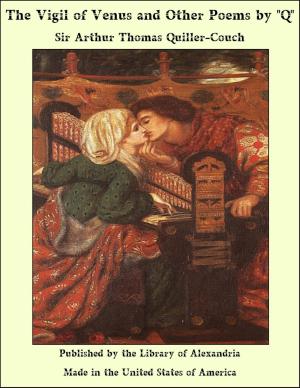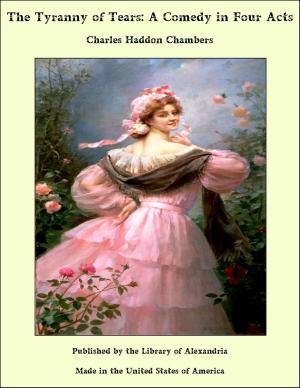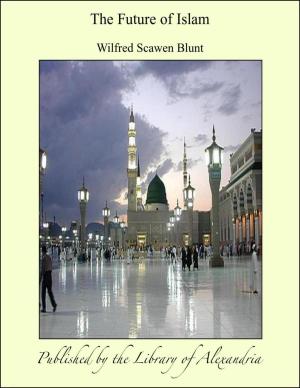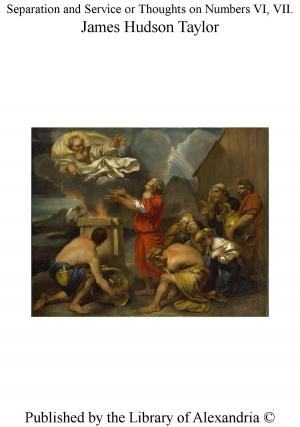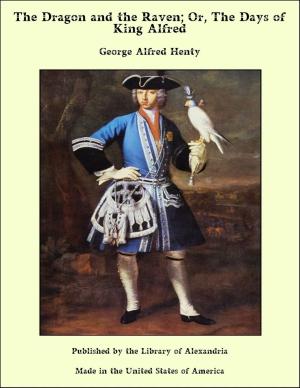Travels to Discover the Source of the Nile: In the years 1769, 1770, 1771, 1772 and 1773 (Complete)
Nonfiction, Religion & Spirituality, New Age, History, Fiction & Literature| Author: | Earl of James Bruce Elgin | ISBN: | 9781465613974 |
| Publisher: | Library of Alexandria | Publication: | March 8, 2015 |
| Imprint: | Language: | English |
| Author: | Earl of James Bruce Elgin |
| ISBN: | 9781465613974 |
| Publisher: | Library of Alexandria |
| Publication: | March 8, 2015 |
| Imprint: | |
| Language: | English |
HOWEVER little the reader may be conversant with ancient histories, in all probability he will know, or have heard this much in general, that the attempt to reach the Source of the Nile, the principal subject of this publication, from very early ages interested all scientific nations: Nor was this great object feebly prosecuted, as men, the first for wisdom, for learning, and spirit (a most necessary qualification in this undertaking) very earnestly interested themselves about the discovery of the sources of this famous river, till disappointment followed disappointment so fast, and consequences produced other consequences so fatal, that the design was entirely given over, as having, upon the fairest trials, appeared impracticable. Even conquerors at the head of immense armies, who had first discovered and then subdued great part of the world, were forced to lower their tone here, and dared scarcely to extend their advances toward this discovery, beyond the limits of bare wishes. At length, if it was not forgot, it was however totally abandoned from the causes above mentioned, and with it all further topographical inquiries in that quarter. Upon the revival of learning and of the arts, the curiosity of mankind had returned with unabated vigour towards this object, but all attempts had met with the same difficulties as before, till, in the beginning of his Majesty’s reign, the unconquerable spirit raised in this nation by a long and glorious war, did very naturally resolve itself into a spirit of adventure and inquiry at the return of peace, one of the first-fruits of which was the discovery of these coy fountains1, till now concealed from the world in general. The great danger and difficulties of this journey were well known, but it was likewise known that it had been completely performed without disappointment or misfortune, that it had been attended with an apparatus of books and instruments, which seldom accompanies the travels of an individual; yet sixteen years had elapsed without any account appearing, which seemed to mark an unusual self-denial, or an absolute indifference towards the wishes of the public. Men, according to their different genius and dispositions, attempted by different ways to penetrate the cause of this silence. The candid, the learned, that species of men, in fine, for whom only it is worth while to travel or to write, supposing (perhaps with some degree of truth) that an undeserved and unexpected neglect and want of patronage had been at least part of the cause, adopted a manner, which, being the most liberal, they thought likely to succeed: They endeavoured to entice me by holding out a prospect of a more generous disposition in the minds of future ministers, when I should shew the claim I had upon them by having promoted the glory of the nation. Others, whom I mention only for the sake of comparison, below all notice on any other ground, attempted to succeed in this by anonymous letters and paragraphs in the newspapers; and thereby absurdly endeavoured to oblige me to publish an account of those travels, which they affected at the same time to believe I had never performed.
HOWEVER little the reader may be conversant with ancient histories, in all probability he will know, or have heard this much in general, that the attempt to reach the Source of the Nile, the principal subject of this publication, from very early ages interested all scientific nations: Nor was this great object feebly prosecuted, as men, the first for wisdom, for learning, and spirit (a most necessary qualification in this undertaking) very earnestly interested themselves about the discovery of the sources of this famous river, till disappointment followed disappointment so fast, and consequences produced other consequences so fatal, that the design was entirely given over, as having, upon the fairest trials, appeared impracticable. Even conquerors at the head of immense armies, who had first discovered and then subdued great part of the world, were forced to lower their tone here, and dared scarcely to extend their advances toward this discovery, beyond the limits of bare wishes. At length, if it was not forgot, it was however totally abandoned from the causes above mentioned, and with it all further topographical inquiries in that quarter. Upon the revival of learning and of the arts, the curiosity of mankind had returned with unabated vigour towards this object, but all attempts had met with the same difficulties as before, till, in the beginning of his Majesty’s reign, the unconquerable spirit raised in this nation by a long and glorious war, did very naturally resolve itself into a spirit of adventure and inquiry at the return of peace, one of the first-fruits of which was the discovery of these coy fountains1, till now concealed from the world in general. The great danger and difficulties of this journey were well known, but it was likewise known that it had been completely performed without disappointment or misfortune, that it had been attended with an apparatus of books and instruments, which seldom accompanies the travels of an individual; yet sixteen years had elapsed without any account appearing, which seemed to mark an unusual self-denial, or an absolute indifference towards the wishes of the public. Men, according to their different genius and dispositions, attempted by different ways to penetrate the cause of this silence. The candid, the learned, that species of men, in fine, for whom only it is worth while to travel or to write, supposing (perhaps with some degree of truth) that an undeserved and unexpected neglect and want of patronage had been at least part of the cause, adopted a manner, which, being the most liberal, they thought likely to succeed: They endeavoured to entice me by holding out a prospect of a more generous disposition in the minds of future ministers, when I should shew the claim I had upon them by having promoted the glory of the nation. Others, whom I mention only for the sake of comparison, below all notice on any other ground, attempted to succeed in this by anonymous letters and paragraphs in the newspapers; and thereby absurdly endeavoured to oblige me to publish an account of those travels, which they affected at the same time to believe I had never performed.
